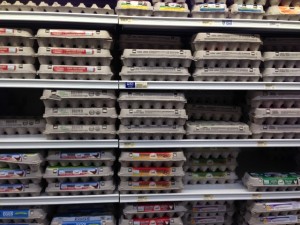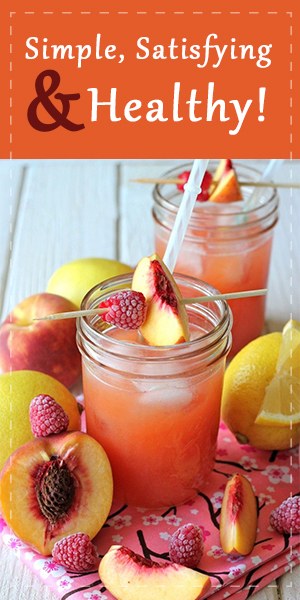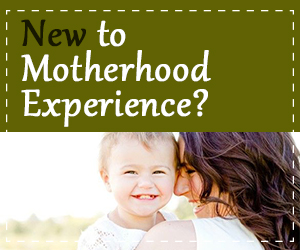What do Egg Labels Really Mean?
I love eggs. They’re great in the morning for a quick, protein rich breakfast and hard boiled eggs are a great snack you can make in advance and have on hand. But how do you know which eggs you should be buying? There are so many different labels on eggs nowadays that it can get confusing, and many of the packaging labels can be pretty misleading.
Chances are you’ve heard of all the great benefits of eggs recently but did you know there’s a huge difference in the nutrition f a commercially produced egg and an egg from a pasture raised hen? Compared to commercially-produced eggs, eggs from pasture-raised hens that have been allowed to roam freely and eat bugs have been shown to contain:
- 1/3 less cholesterol
- 1/4 less saturated fat
- 2/3 more vitamin A
- 2 times more omega-3 fatty acids
- 3 times more vitamin E
- 7 times more beta carotene
Now that you know not all eggs are created equally how do you choose which ones to buy? What do all the different labels mean? How the hens are raised can make a tremendous difference in the quality of the egg. Here’s a little break down to help you make the right choice next time you’re faced with row after row of egg cartons.
“Natural” This just means nothing was added to the egg in terms of colorings, flavorings, etc. It doesn’t say anything about the welfare of the animal or what they were fed and wether they were given antibiotics or hormones.
“Omega-3 Enriched”: Hens producing these eggs are fed typically poor quality sources of omega 3 fats. No mention of what else the hens ate, if they were given antibiotics,and no relevance to animal welfare.
“Vegetarian-Fed”: This one tricks a lot of people. It means the birds feed doesn’t contain any animal byproducts – which is a good thing- but hens are naturally supposed to be eating bugs and vegetarian feed means no bugs. And again no relevance to animal welfare, what else they ate or antibiotics. But what exactly do these terms mean?
“No added hormones”: Another tricky one since farmers are legally prohibited from giving chickens hormones.
“Cage-Free”: Hens are uncaged, usually inside a barn and don’t have access to the outdoors. They’re allowed to walk around, nest, spread their wings but beak cutting is permitted.
“Certified Organic”: Again uncaged inside barns but they are also required to have outdoor access. The amount of space, quality of outdoor access and duration of time they spend outside is not defined. Hens are fed an organic, all vegetarian diet with no antibiotics or pesticides. Beak cutting is also permitted and compliance of regulations are verified through a third party.
“Free-Range” or “Free-Roaming”: Many peole opt for these instead of certified organic but there are no restrictions on what the birds can be fed and there is no third party auditing. Hens are typically caged inside barns with some outdoor access but also have no specific definition on amount of time, space of quality of outdoor access.
“Certified Humane”: These hens are not caged but aren’t required to have any outdoor time. They must be able to perform natural behaviors such as nesting, perching and dust bathing. There are requirements on how many hens can live within a given area and on the number of perches and nesting boxes availbale for them and there is verification through third party auditing.
Real Pastured eggs are found at farms at farmers markets and it means the the hens have been allowed to wander around, get some sun and eat some bugs. Since you’re buying them straight from the source you can ask questions about what the hens are given to eat (preferably no soy). These are the eggs with the stellar nutritional values and they are worth the extra price. To find out where you can buy pastured eggs near you take a loot at Eat Wild or Local Harvest and they will point you to the place nearest you to buy them.











